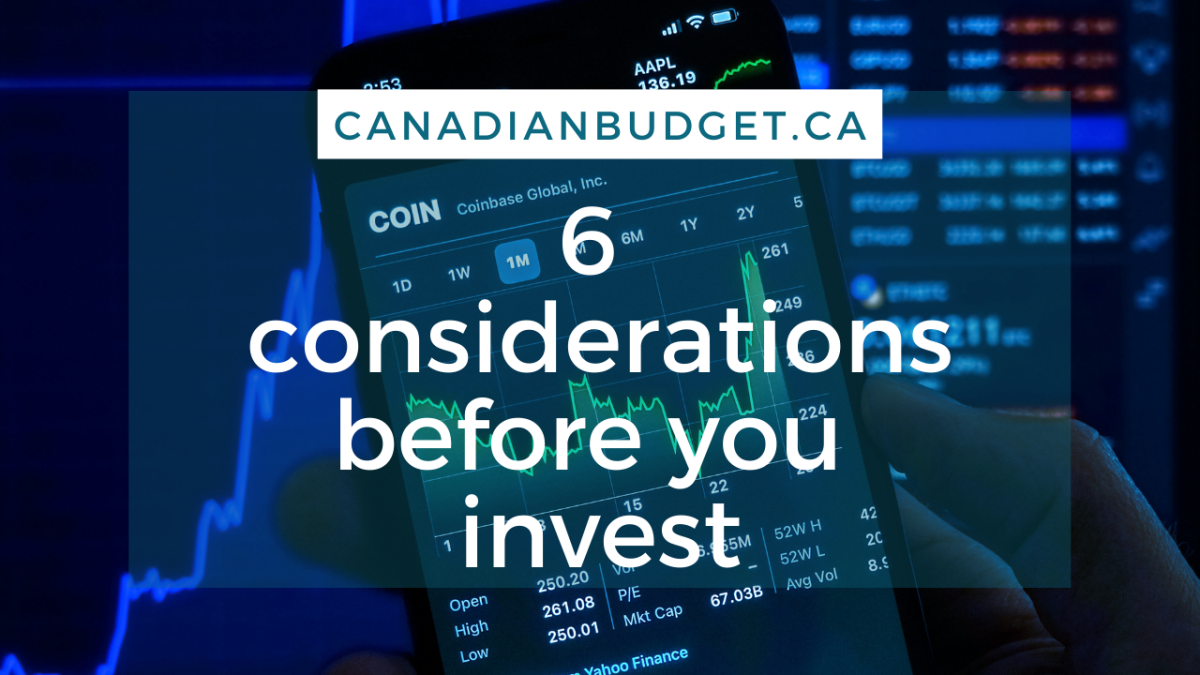Perhaps you have been agonizing about whether or not to take the plunge and start investing! When you are finally feeling ready, I know that you will just want to jump right in, but here are 6 things you must consider before investing as a Canadian.
What is my debt situation like?
Table of Contents
ToggleDo you have any high-interest debt like credit card/consumer debt? Before investing, make it your priority to pay off your high interest debt first. Learn how in our ‘guide to a debt free life’ post. Low-interest debt like student loans or mortgages can be paid at the same time as you invest. No need to wait, you will be losing years of valuable time in the market if you do.
Do I have an Emergency Fund?
An emergency fund is essential for everyone to have. This is really key because you want to consider your investments as untouchable. If you have an Emergency fund set up, you won’t have to sell your investments to take care of it when an urgent situation arises. Ensure you are saving in the highest-interest savings account you can find. Utilizing a high-interest savings account such as with Neo Money is a good way to save up for your emergency fund!
What are the fears and beliefs I hold about money and investing?
We all could use a little self-reflection when it comes to dealing with money. How did you learn about money? How did your family approach money? What is holding you back from taking the steps you need to invest? Approaching investing with a positive money mindset can help you minimize your fears.
What am I Investing for?
When you think about why you want to invest – what purpose will your investment be used for, and what is the timeline on when you need it? Download this FREE Financial Goals Planner to help you figure these things out. Having a set goal in mind will help you stick to your plan, and focus on achieving your goal.

What are the tax considerations when investing?
It all depends on the type of account you are investing in. Investment gains and dividends within a TFSA are tax-free – Hooray! This is one reason to prioritize TFSA investing!
Investment gains and dividends within an RRSP (and other tax-deferred plans like the FHSA) are taxed at your marginal tax rate at the time of withdrawal. Do note that there are penalties for withdrawing RRSP funds before your retirement – so don’t touch this money until you are ready to retire (except in certain circumstances like the First Time Home Buyers Plan, and Lifelong Learning Plan).
Personal (taxable) accounts will be taxed each year you file taxes and report any capital gains or dividend income.
Investing in your RRSP has tax benefits, and can reduce your taxable income. So if you have a higher income level (70K+) you may want to prioritize RRSP first to minimize your taxable income. Always check with your financial planner to determine the right strategy for you.
Taxes on investments come in two forms:
1. Taxes on realized capital gains (securities you actually sold and made a profit on). 50% of your capital gains (the amount of profit you made) are added to your taxable income for the year.
2. Taxes on Dividend Income (how much dividend income you made from your investments). I will let the experts over at TurboTax explain this one for you.
Just so you aren’t shocked later on, yes, Crypto accounts also have tax implications, and you must report your investments on your tax return.
What is my risk tolerance?
Out of the 6 things you must consider before investing, this is one of the most important. Investing carries risk. Period. Anyone who tells you otherwise is lying. The key is to understand yourself well enough to know what level of risk you are capable of tolerating. Knowing this will determine what kinds of investments you should consider choosing.
The riskier the investment, the higher the potential return, and the higher the potential loss. The potential for higher return is the reward an investor receives for stomaching more risk. Imagine this scenario: You put $5,000 into an investment, and the next month it loses 20% of its value. How would you react?
People with a lower risk tolerance may have a knee-jerk reaction and want to pull out their investments in order to not lose anything further. Investors with a higher risk tolerance may react differently and hold their investments even in a down market, as they will feel more comfortable with their investment plan since they are hoping it will rebound and gain value in the long run.
Risk and Mental Health
Seeing our investment value decline can have a real impact on our mental health and stress levels. That’s why you need to pick an investment at the appropriate risk level for you.
Please do not follow trends, influencers, or news personalities who are encouraging you to get in on a hot stock without doing some serious research. Their risk tolerance could be much higher than yours, They could be compensated for the promotion unbeknownst to you, and following their advice could end up putting you in a difficult situation if that hot tip turns cold. Understanding how much risk you are comfortable with and choosing the right investments will make the whole experience much easier to manage.
Get Started!
I hope these 6 things you must consider before investing have helped you focus your questions and get ready to take action. If you are not sure how to pick the right investment risk level, you can start investing with a robo advisor so they can create a portfolio for you based on your personal risk tolerance, goals and investment time horizon.
Check our Links page for referrals to Investing Brokerages that can give you a bonus for sign-up!
More from the blog...

Why Wealthsimple Could Be the…
Wealthsimple Banking Review 2025: Best No-Fee Bank in Canada
Read More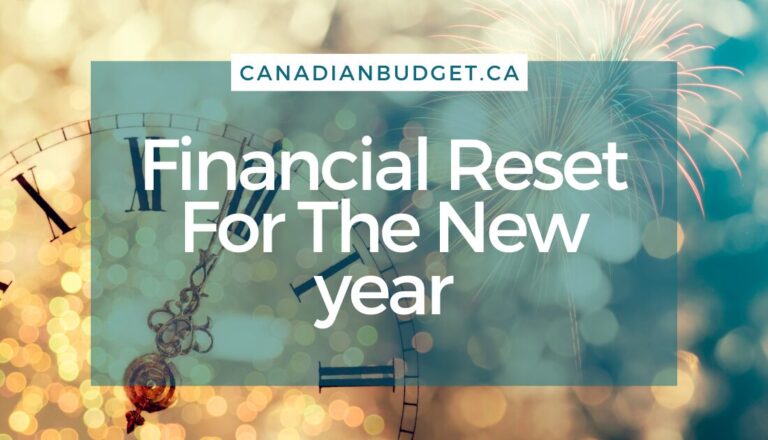
Financial Reset For The New…
How to Do a Financial Reset for the New YearAs the new year begins, it's the perfect time to take...
Read More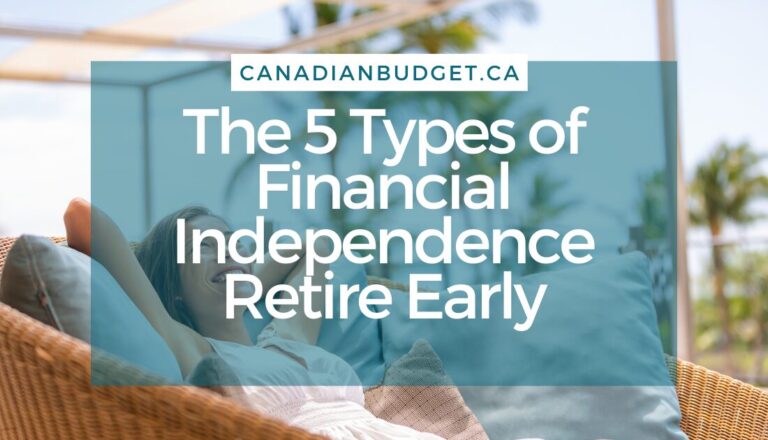
The 5 Types of Financial…
Starting your journey towards Financial Independence Retire Early (FI/RE) in Canada opens up possibilities for those eager to take control...
Read More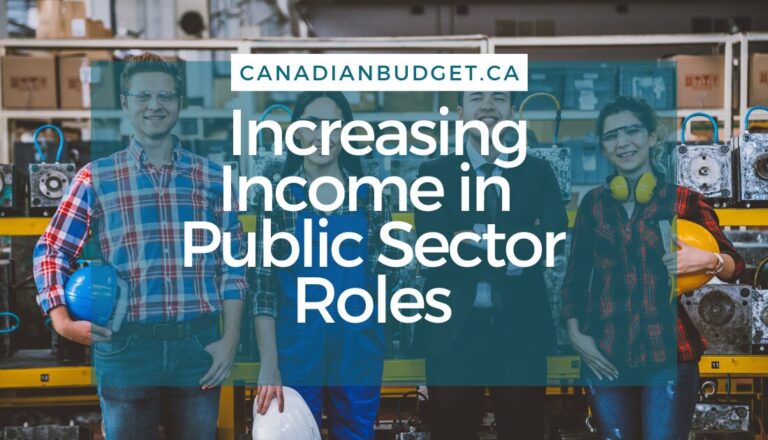
In a Public Sector role?…
Public sector roles, including those in schools and hospitals, make up approximately 21% of employment in Canada. That includes teachers...
Read More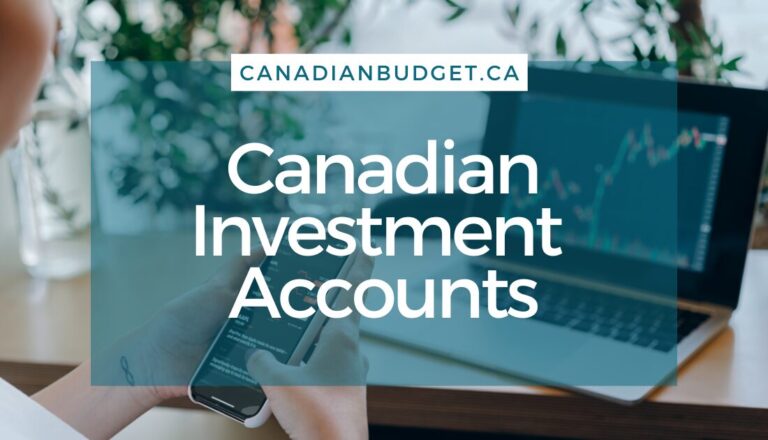
8 Canadian Investment Accounts To…
If you are new to investing, you might be wondering what the Canadian investment accounts are available, and which is...
Read More
What Are Canadian Real Estate…
Canadian Real Estate Investment Trusts: What They Are and Should You Invest? Canadians have heard owning property was the path...
Read More
6 Ways Fixing Credit Scores…
Struggling with debt can significantly impact your financial well-being, especially if your credit score suffers. Fixing credit scores is important...
Read More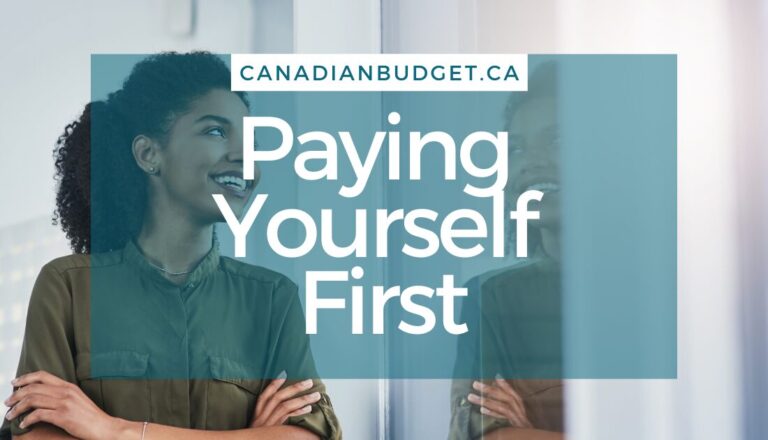
The Paying Yourself First Method
Taking control of your financial future starts with a simple yet powerful concept: paying yourself first. Shifting your money mindset...
Read More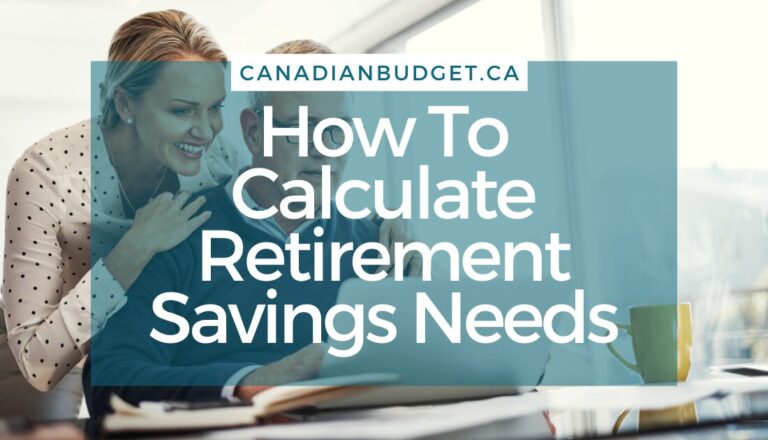
How to Calculate Retirement Savings…
When is a good time to calculate retirement savings needs? When retirement may be decades away it’s hard to think...
Read More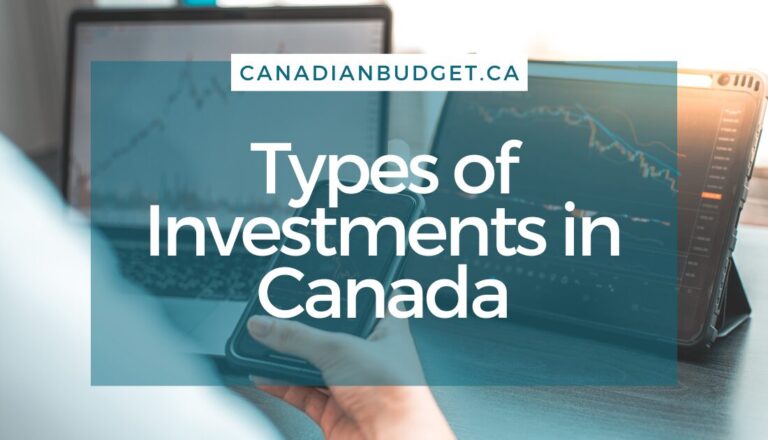
Different types of investments
There is a lot to understand about the different types of investments available in Canada. From the traditional options of...
Read MoreAbout The Author
Jessica Morgan
Jessica Morgan is the founder and CEO of Canadianbudget.ca. She is passionate about personal finance and helping Canadians improve their financial literacy by providing more Canadian focused financial content. A millennial mom of one, she has a burning obsession with all things personal finance.
Jessica has a BA in East Asian Studies from York University and a Masters in Business Administration from Toronto Metropolitan University. She is a career public sector employee with a Hybrid Pension, and an advocate for Canadian women to improve their personal finance knowledge.

